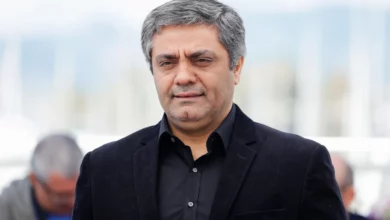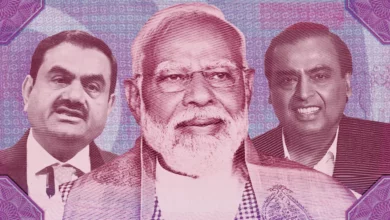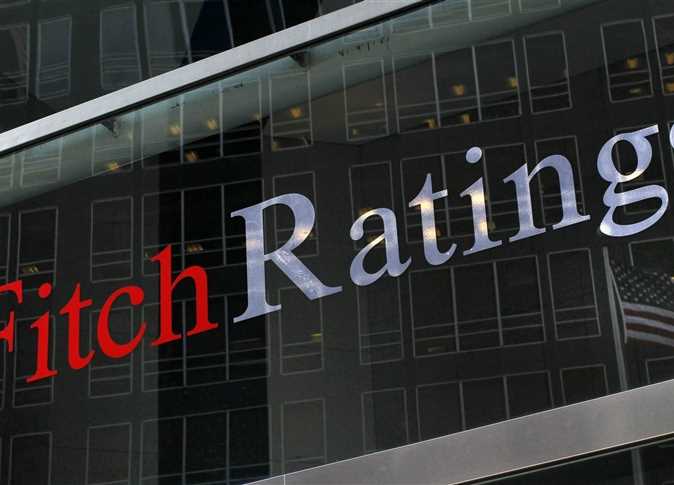Prime Minister Ahmed Nazif had an excellent excuse to miss the Davos forum this year: he just got married. But he wasn’t the only Arab figure listed on the program, or who was expected to make an appearance, who chose to miss the event.
Gamal Mubarak had previously made a habit of taking the floor at Davos–what better way to whip up international legitimacy than by attending a high-level networking event with some of the world’s biggest leaders–but he sat this one out in his second consecutive absence. The same went for Qatari Prime Minister Sheikh Hamad Bin Jasem Bin Jabr, whose non-attendance was also notable.
The World Economic Forum (WEF)’s annual meeting in Davos, which ended last week, is unequivocally one of the highest-profile annual events on the planet. For five days, heads of state, industry and the non-governmental sector come together and discuss the world’s most pressing issues, with topics ranging from “Managing the Growth of Nuclear Power” to “Life on Other Planets?”
The agenda was ambitious, and so were the sessions–a couple dozen panel titles began with the words “rethinking” or “rebuilding.” The format of the meetings was no less unique, with panels of leading industrialists, ministers, writers and intellectuals sharing ideas and arguing among themselves to the delight of large audiences.
Overall, the conference agenda was remarkably irrelevant to the Middle East. The single session–out of 221–listed under the "Middle East" category was entitled "Rethinking the Balance of Power in the Middle East" and centered primarily around the "nuclearization" of Iran. It was an unequivocally Western-centric debate, despite having Arab League Secretary General Amr Moussa, the Palestinian and Jordanian prime ministers, and the UAE minister of foreign affairs on the panel.
The Palestinian issue came up for discussion further along in the session. The panel was nevertheless interesting enough, both on the air–with Moussa offering the most quotable line of the session: "It is only logical and reasonable to give diplomacy its time. Why do we give diplomacy its time on Palestine, year after year after year, and with Iran there is no time?"–as well as off the air: during the intermission, Moussa leaned over to Palestine’s Salam Fayyad, not realizing his microphone was still on, and whispered–"This security thing, the ‘nuclear-free region’ thing–we need to stress on it, mention it in any possible context"–to which Fayyad answered, "of course, of course."
Save for King Abdallah II of Jordan, who was given the floor in one session, few Arab figures were called upon to participate in topics of international interest–none of which, again, were of any particular relevance to the Arab world.
Even topics normally of interest to the Arab region, such as "rebuilding fragile states" or "rebuilding water management," seemed to exclude Arab speakers and Arab points of view.
Surprisingly, the Arab business community was also less represented than in previous years, with only a handful of private-sector figures contributing to the discussion as panelists. And while the Arab business audience had strong representation from Gulf countries, those from the Maghreb seemed to be absent. Observers also noticed a visible reduction in Arab businesspersons in the audience as well.
For those who missed the Swiss meeting, the Middle East has a "make-up" event–an annual regional summit, held in a different Arab country every year. After Jordan hosted it in 2009, this year’s meeting will take place in Marrakech, which should encourage wider and more diverse participation by Middle Eastern representatives. Always an occasion for countries from the region to showcase their organizational skills, the WEF on the Middle East meetings are also an occasion for high-level discussion and networking.
But while Marrakech may be a thousand times fairer than sleepy Davos, do not expect the meeting to be remotely competitive–a high-profile regional meeting remains a regional one.
Arab industry and government leaders should not forgo the opportunity to take part in a global debate that is simply not replicable on a regional scale. Participation in these fora should be greatly enhanced, with more Middle-East bound businesspersons and civil society members taking part in a global conversation that inevitably sets the pace and shapes the global agenda.




